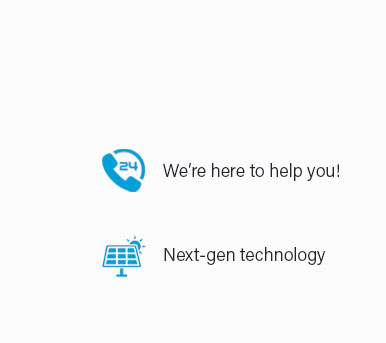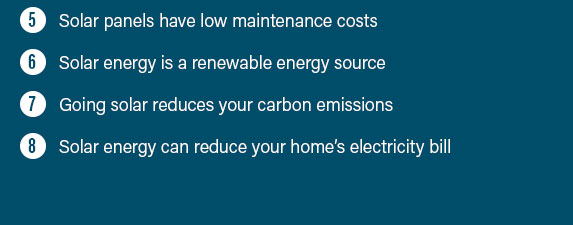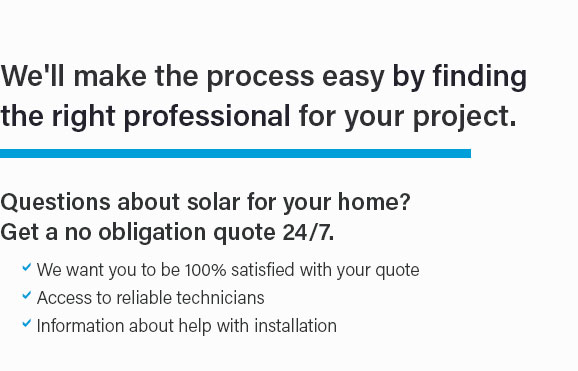 |
 |
 |
 |
 |
 |
 |
 |
 |
 |
 |
 |
 |
 |
|
 |
 |
 |
|
Unlock the future of energy savings with our unbeatable solar panel installation services in New Jersey-where innovation meets efficiency-harnessing the power of the sun to slash your energy bills and elevate your home’s value, all while making a positive impact on the environment; get your personalized installation quote today and step into a brighter, greener future with confidence, knowing you’re backed by the industry leaders committed to excellence and sustainability.
https://thenewutility.com/
New Jersey has some of the best solar incentives in the country. NJ, is one of the few states that will PAY YOU to produce solar energy, and lets you lock-in ... https://powerlutions.com/
Anyone can install solar panels. We also serve as your advisor and advocate, designing your ideal PV product, layout, and financing plan. Click Here to See What ... https://njsolarpower.com/
Get a free estimate for New Jersey solar panel installation! NJ Solar Power is New Jersey's leading local solar installer with over 20 years of experience.
|